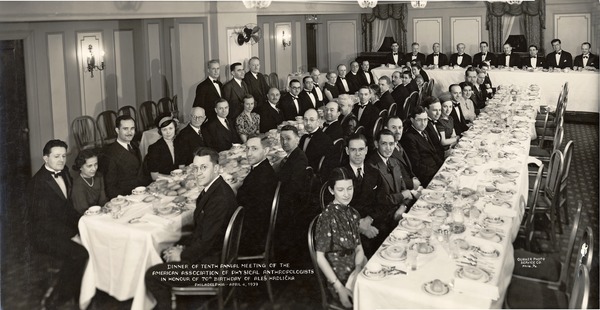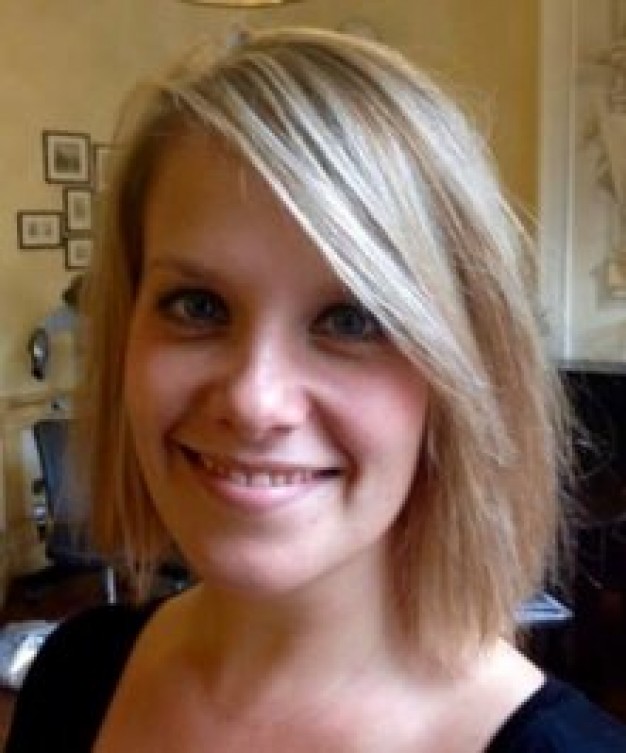Featured Fellow: Iris Clever, 2017-2018 Nancy Halverson Schless Fellow
Each year, the Library at the American Philosophical Society hosts a rich intellectual community of scholars working on a wide-range of projects in fields including early American history, history of science and technology, and Native American and Indigenous Studies, among others. Read on to learn more about our fellows and their work at the APS. Additional information about our fellowship programming and other funding opportunities can be found here.
Project: “Turning Humans Into Data: Calipers, Anthropometry, and Scientific Racism between 1900-1960”
Briefly describe your research project.
In my dissertation project, I examine data practices in physical anthropology between 1880-1960. My research has unearthed various discussions, conflicts, and transformations regarding anthropometry, the chief technique for racial scientists. The rigor of technique and accuracy of the data produced was heavily debated among British and American physical anthropologists, as expressed in conflicts over standardization, statistics, and the classification of racial types. A focus on data and methods thus demonstrates deep divisions in the discipline well before World War II and complicates the common account of a simple typological approach characterizing physical anthropology before the war. I trace these debates and transformations by examining the spreading caliper, anthropologists’ main instrument, and the transnational data it was supposed to produce.

What collections did you use while working at the APS?
At the APS, I was specifically interested in examining how various anthropologist used or talked about statistical methods in physical anthropology. I looked at the professional papers and correspondence of Franz Boas, Raymond Pearl, Charles Davenport, and Ashley Montagu.
What’s the most interesting or most exciting thing you found in the collections?
Initially, I didn’t plan on looking at the Montagu papers. As I was reading the correspondence between Pearl and Montagu, however, it became clear that Montagu was friends with a British physical anthropologist who features in my dissertation, Geoffrey Morant. Since there is no known archive of Morant, I was incredibly happy to discover that Morant and Montagu actively wrote letters to each other for decades. In these letters, Morant describes not only his professional activities but also told Montagu about his family and how his son started teaching at a university in the UK. This enabled me to find and contact Morant’s son, who also has a great interest in his father’s career. As it turns out, he has several boxes of his father’s professional papers stored in his attic and had been thinking about getting them to an archive. He has invited me to examine the material in England this summer and hopefully we can transfer it to an archive in the nearby future. This all has been very exciting.
Do you have any tips or suggestions for future fellows or researchers?
I usually remind myself that I should follow surprising leads in the archive and not set too strict of a research schedule. Then I don’t always end up following my own advice. My experiences at the APS, however, have again reminded me how important it is to remain flexible while doing archival work. You can really stumble upon something unexpected that changes the course of your research.
Any suggestions for must-see places or things to do in Philadelphia?
Philadelphia has so much to offer. Definitely check out the events calendar for the Prince theater – a beautiful theater with terrific performances.
Iris Clever is a PhD candidate in the history of science at UCLA. Learn more about her and her work here.

